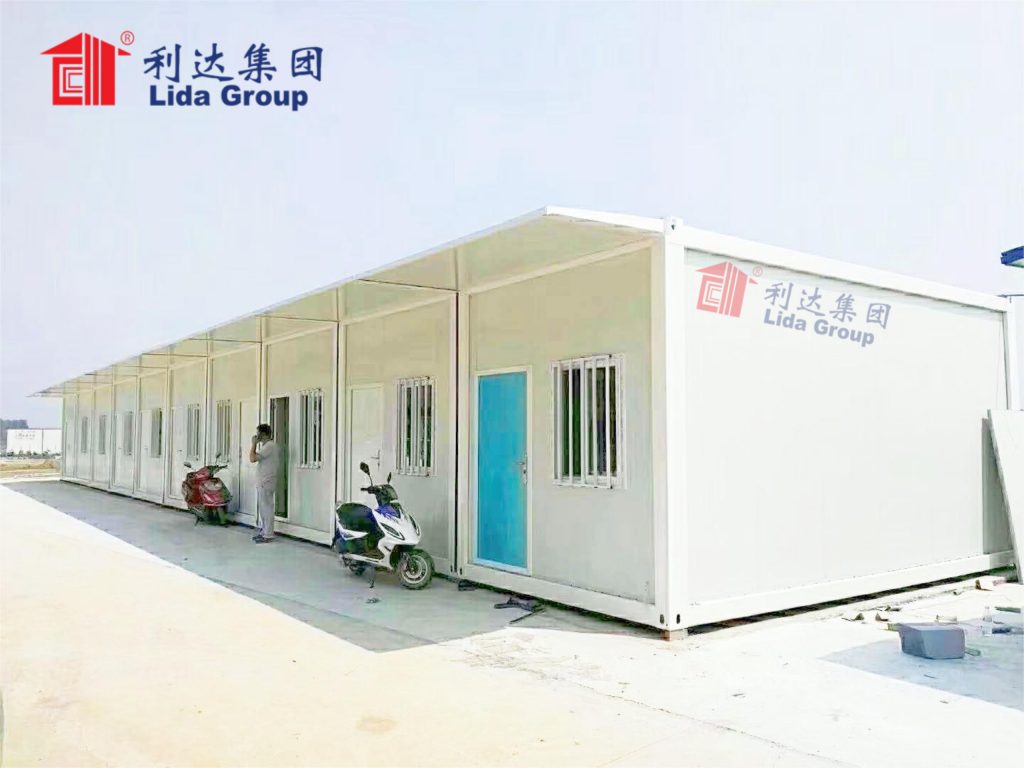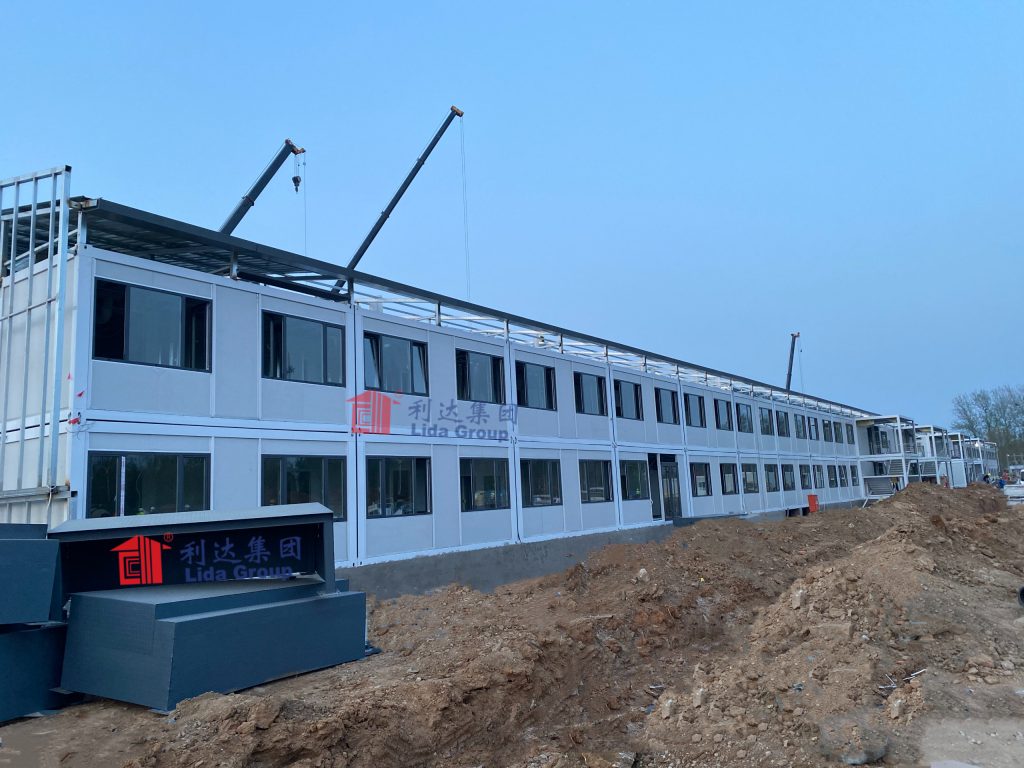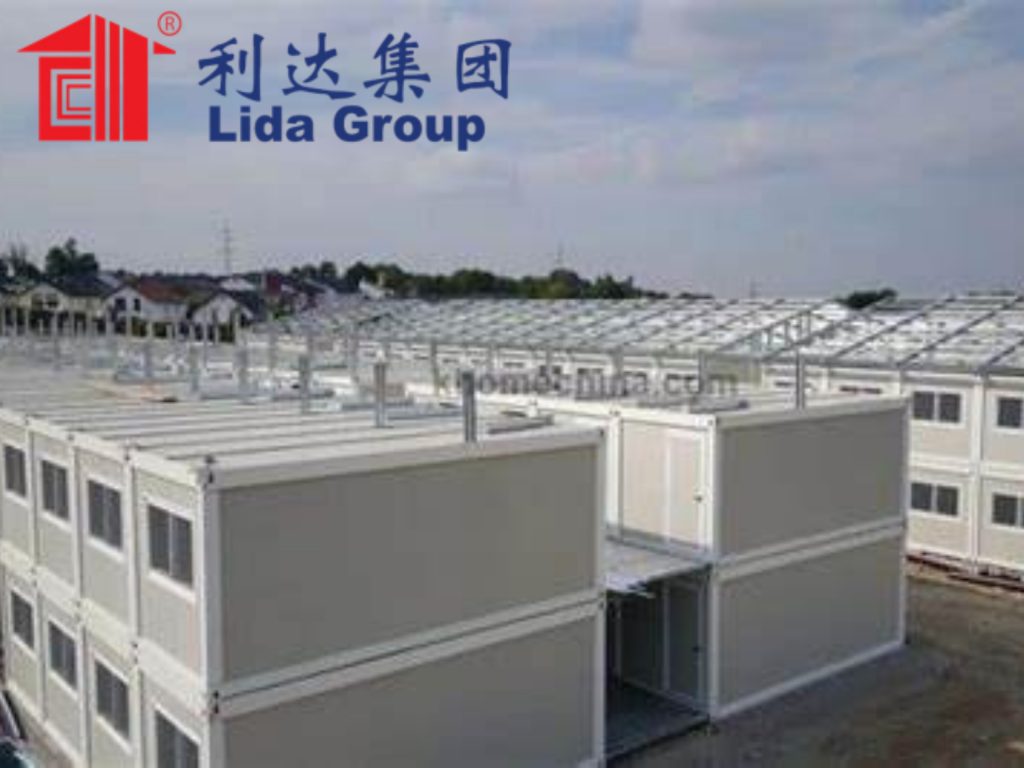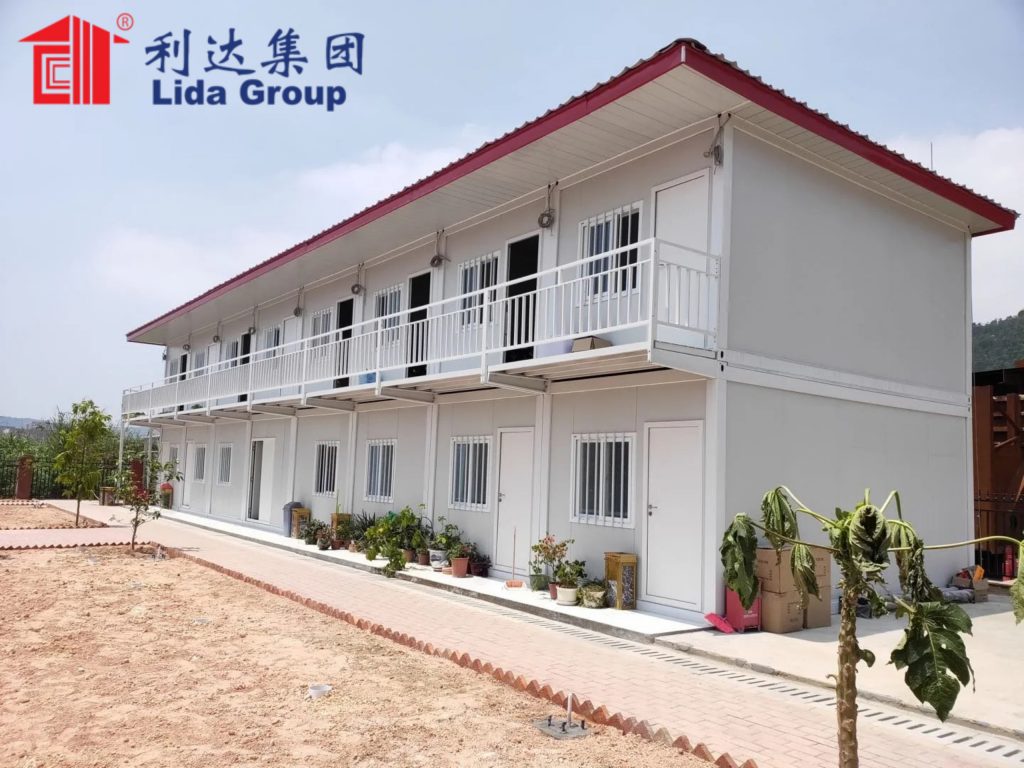In the aftermath of record wildfires across northern California, communities faced immense challenges in rebuilding destroyed homes and infrastructure. As thousands remained displaced, innovative housing solutions were needed – ones adaptable enough to provide safe shelter seamlessly in devastated areas. One such solution championed sustainability and speedy construction through flat-packed modular design inside refurbished shipping containers. Now, engineers scrutinized its strength and viability on the road to wider adoption.
Pilot Prototypes
The industrial city of Oakland served as the testing grounds for a pilot project spearheaded by Lida Group, a modular construction firm based in Shanghai, China. Specializing in developing prefabricated buildings from recycled cargo boxes, Lida hoped to deliver fully contained living units capable of rapid on-site assembly anywhere assistance was required.
Over several months, their engineers designed and outfitted prototype modules inside retired 40-foot steel shipping containers. Each contained a functional 200-300 square foot interior incorporating furniture, appliances and fixtures into self-sufficient Studio, 1-bedroom or 2-bedroom floor plans. A team then flat-packed the encased dwellings down to components for simplified transport and rebuilding at destination. Local carpenters assisted with fine details to satisfy codes and livability standards.
With three demo models completed, Lida worked alongside structural engineers from the non-profit Building Safety & Innovation to conduct extensive stress tests. Under partly simulated and natural conditions, the prototypes underwent rigorous loads, impacts, wind and seismic shake trials to verify their strength, durability and safety before potential disaster-zone deployment. Any identified weaknesses would help refine subsequent versions.

Rapid On-Site Assembly
Along Oakland’s waterfront, a clearing was transformed into a makeshift building site. Using only basic construction tools, a small team took just one day to fully reconstruct the first prototype container home from its compressed state.
Expertly guiding a forklift, they swiftly stacked and interconnected modules, walls snapped seamlessly into place like an erector set. After just four hours, the 120 sqm structure stood complete with functioning doors, windows and already pre-wired utilities waiting connection. No heavy lifting equipment was required for the efficient process witnessed by observing structural analysts.
Impressed at the pace and simplicity, engineers then scrutinized welds and connections under microscope. All aspects conformed to coastal seismic codes and exceeded load-bearing prerequisites. The prefabricated nature streamlined tasks normally taking multiple skilled workers days down to a small group in hours – vital where labor shortages complicate disaster rebuilding.

Testing Under Real Conditions
Subjecting their solution to further assessment, Lida invited structural experts to join field trials of the second prototype unit at the wildfire-impacted town of Paradise. Here nearly 100% of homes had burned to ashes one year prior, with no permanent housing yet started on most lots. Under sunny skies, assembly replicated the rapid Oakland build.
That evening, pounding rain descended – the first storm since the blaze. Engineers monitored elements through downpour and ensuing days, finding zero moisture ingress or durability issues arise from the welded, insulated container construction. All performed as intended without visible deformation withstanding natural stresses.
Several weeks of occupancy by onsite staff also identified no comfort or functionality concerns, proving design success. Impressed, analysists prepared exhaustive reports for regulatory approval paving the way for scaled implementation across the devastated region, accelerating much needed rebuilding.

Scaling Up For Community Rebuilding
Reviews compiled, a third 120 sqm prototype now showcased advanced renewable elements as Lida refined its solution based on learnings. This model featured enhanced solar panels, rainwater collection and storm-resilient add-ons to optimize self-sufficiency and sustainability even in remote locations.
Here in Oakland once more, engineers observed final stress tests as multiple work crews demonstrated mass-production techniques by rapidly constructing an entire block of 20 modules from scratch in just 3 days. Flawlessly interlocking, drainage and utilities revealed a whole neighborhood could rise from barren land to stabilized housing in under a week through flat-packed modularization.
Leaders from state and Federal agencies attended alongside impacted residents to witness the transformative potential firsthand. All were impressed at the prospect of fast-tracking communities through prefabricated housing in scalable, reusable, climate-resilient and green packages. With safety and performance validated, regulatory bodies pledged support for a large scale pilot in Paradise’s rebuilding with Lida’s innovative system.
Green and Sustainable Recovery
Over the coming 12 months, Lida worked in tandem withBuilder Safety & Innovation to deliver the first phase of a 200-unit sustainable village constructed on lots where homes once stood in Paradise. Utilizing over 700 repurpose shipping containers, the master-planned community incorporated shared green spaces, playgrounds and landscaping for a supportive atmosphere as residents transitioned into semi-permanent shelter.
Perfected automated assembly reduced labor needs while accelerating progress. Completed neighborhoods fostered spontaneous community growth, volunteerism and stabilization with advantages like built-in solar power resilience. Occupants praised function, savings and the green village model versus trailers as wildfires flared again that year underscoring future-proofing. The success demonstrated modularization’s potential for scalable, rapid post-disaster housing recovery worldwide minimizing environmental impacts and supporting social wellness.

Conclusion
From ideation to fruition, Lida Group established repurposed shipping containers as a viable substrate for high-performance, versatile modular construction adaptable to challenges facing communities. Through resilient design, optimized flat-packing and streamlined on-site assembly, their prototype systems demonstrated safe shelters could rise from barren land in mere days through industrialized processes.
Extensive testing validated designs for withstanding climates from urban to remote locations. Most importantly, a scaled pilot rebuilding an entire town established the proposal as a replicable model empowering greener, quicker stabilization after other disasters. Overall, the project highlighted prefabricated modularization’s promise for accelerating resilient, humane and sustainable recovery worldwide through innovative transformation of pervasive waste resources.

Related news
-
Aid group purchases portable prefab homes produced by Lida Group from refurbished shipping containers for quick shelter of wildfire victims sheltering in evacuation centers
2024-09-02 16:17:24
-
Journal highlights partnerships facilitating localized production of Lida Group's modular components for interim housing units constructed from durable insulated panels.
2024-08-30 15:55:33
-
Academics analyze advantages of Lida Group's engineered systems approach to interim workforce housing challenges.
2024-08-30 16:25:54
contact us
- Tel: +86-532-88966982
- Whatsapp: +86-13793209022
- E-mail: sales@lidajituan.com


